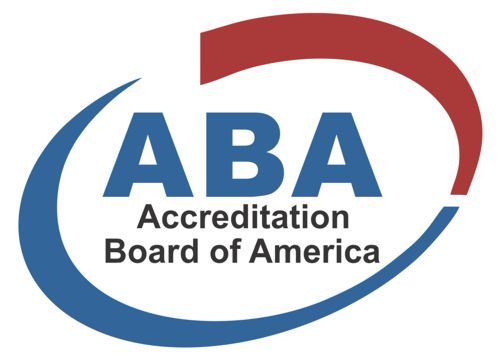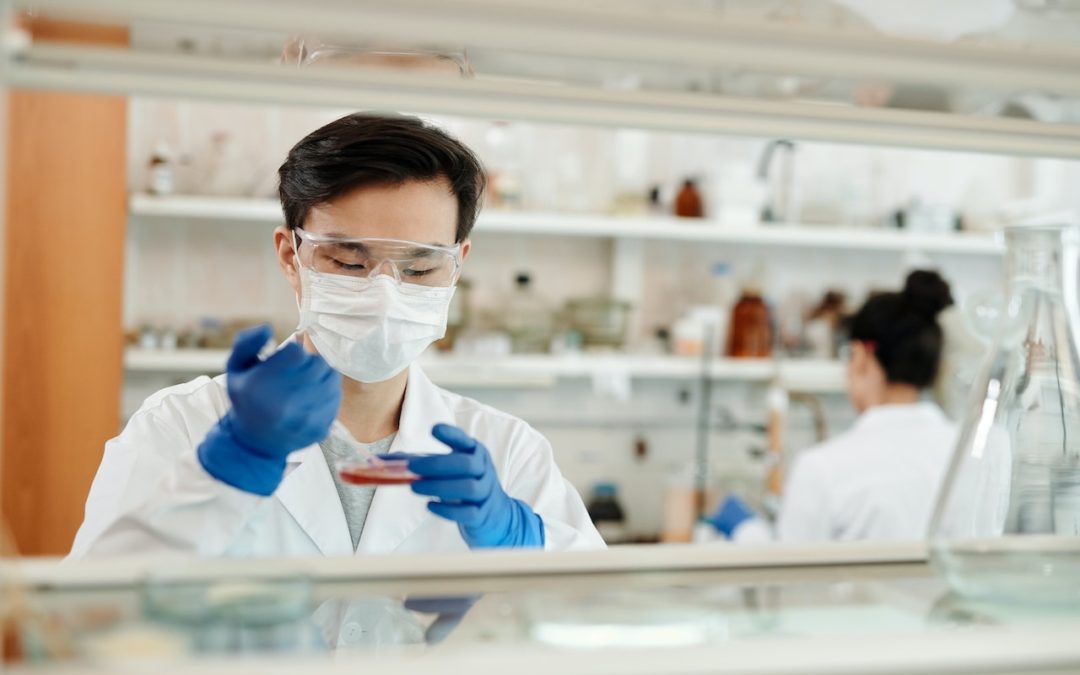ISO 17025 is an international standard that sets out the requirements for the competence of testing and calibration laboratories. It is widely recognized and respected by governments, industry, and consumers around the world.
Laboratory managers play a vital role in ensuring that their laboratories comply with ISO 17025. They are responsible for implementing and maintaining a quality management system that meets the requirements of the standard.
Here are some of the specific ways in which laboratory managers are involved in ISO 17025:
- Developing and implementing quality policies and procedures. This includes developing standardized operating procedures (SOPs) for all laboratory activities, as well as procedures for managing quality control and quality assurance.
- Ensuring that laboratory personnel are competent. This includes training staff on the latest testing and calibration methods, as well as on the laboratory’s quality management system.
- Maintaining laboratory equipment and facilities. This ensures that the laboratory has the necessary resources to produce accurate and reliable results.
- Monitoring and auditing the laboratory’s quality management system. This is to identify and address any areas where improvement is needed.
In addition to these specific responsibilities, laboratory managers also play a general role in promoting a culture of quality within the laboratory. They should set the expectation that all staff members are committed to producing accurate and reliable results.
Here are some tips for laboratory managers who are implementing or maintaining ISO 17025 accreditation:
- Start by developing a clear understanding of the requirements of the standard. This will help you to identify the areas where your laboratory needs to improve.
- Get buy-in from all staff members. ISO 17025 is a team effort, so it is important that everyone in the laboratory understands the importance of the standard and their role in complying with it.
- Develop a quality management system that is tailored to your laboratory’s specific needs. There is no one-size-fits-all approach to ISO 17025 compliance.
- Implement a process for monitoring and auditing your quality management system. This will help you to identify and address any areas where improvement is needed.
- Seek professional help if needed. There are many consultants and other resources available to help laboratories implement and maintain ISO 17025 accreditation.
ISO 17025 accreditation is a valuable way to demonstrate the competence of your laboratory and produce accurate and reliable results.
By following the tips above, laboratory managers can ensure that their laboratories meet the requirements of the standard and achieve ISO 17025 accreditation.

